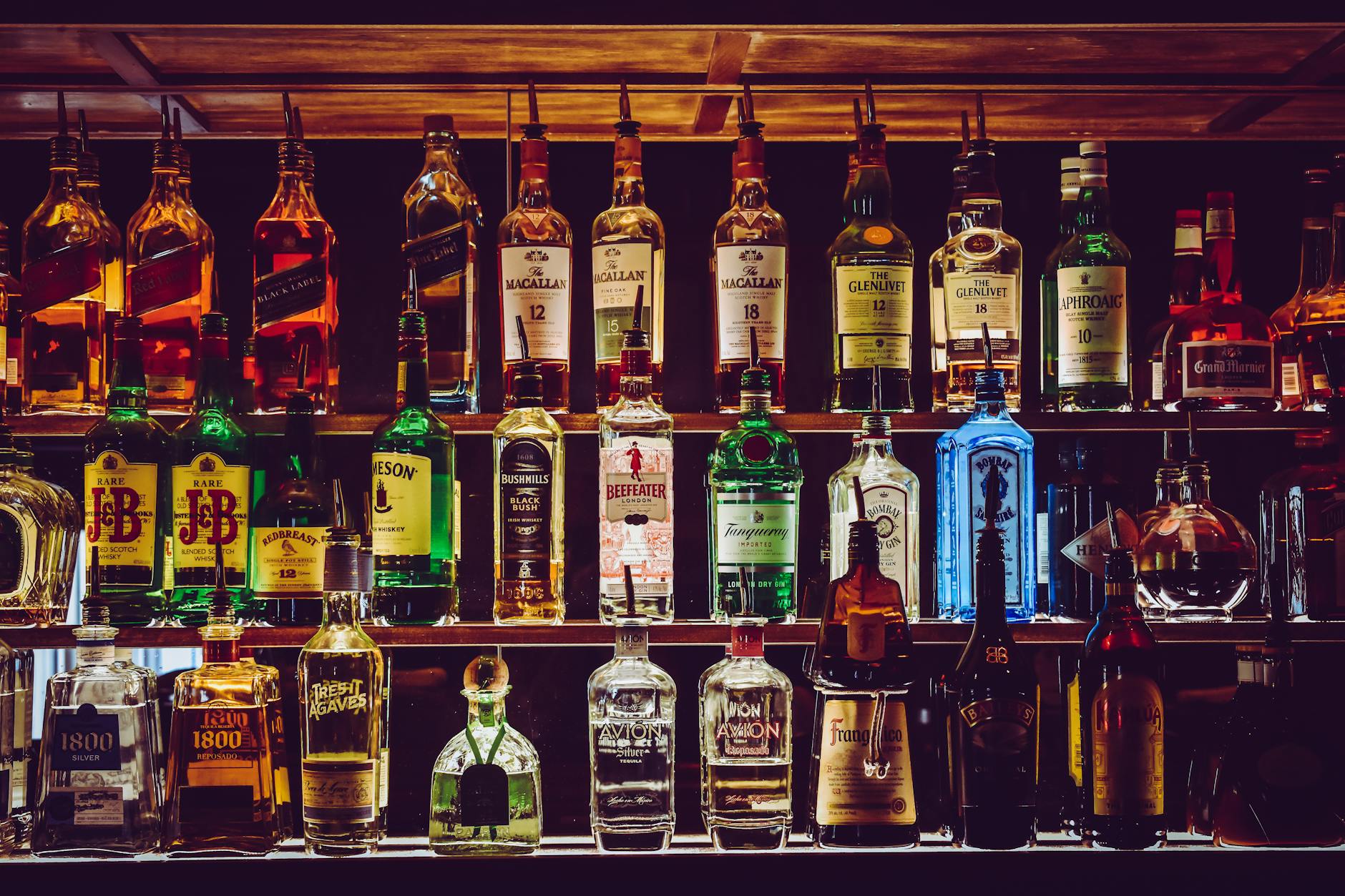Unlock the mystery of alcohol tolerance with this comprehensive breakdown of how different factors affect how quickly you feel tipsy.
Table of Contents
Have you ever found yourself pondering the age-old question of how many beers it takes to get drunk? It’s a common curiosity among social drinkers and party-goers alike. However, the answer is not as straightforward as you might think. In this blog post, we will delve into the science behind alcohol metabolism, individual tolerance levels, and various factors that can influence how quickly you feel the effects of alcohol.
The Science of Alcohol Metabolism
Alcohol metabolism is a complex process that involves enzymes breaking down alcohol in the body. When you consume alcohol, it is quickly absorbed into the bloodstream through the stomach and small intestine. From there, it is transported to the liver where it is metabolized by enzymes.
One of the key enzymes involved in alcohol metabolism is alcohol dehydrogenase, which converts alcohol into acetaldehyde. This toxic compound is then further broken down into acetate by another enzyme called aldehyde dehydrogenase. Acetate is eventually converted into carbon dioxide and water, which are then excreted from the body.
The rate at which alcohol is metabolized can vary depending on factors such as genetics, age, and overall health. Some individuals may have higher levels of alcohol dehydrogenase, allowing them to break down alcohol more quickly than others. This can influence how quickly you feel the effects of alcohol and how long they last.
Individual Tolerance Levels
alcohol tolerance refers to the body’s ability to handle and process alcohol. It is influenced by a variety of factors, including genetics, age, weight, gender, and overall health. People with a higher tolerance to alcohol may need to consume more drinks to feel intoxicated, while those with a lower tolerance may feel the effects after just a few sips.
Genetics play a significant role in determining alcohol tolerance. Some people may have genetic variations that affect the way their bodies metabolize alcohol, leading to differences in how quickly they become intoxicated. Age also plays a role, as older individuals tend to have a lower tolerance to alcohol due to changes in metabolism and liver function.
Weight and gender are also important factors to consider when it comes to alcohol tolerance. Generally, individuals with a higher body weight may be able to consume more alcohol before feeling drunk, as the alcohol is more diluted in their bloodstream. Additionally, women tend to have a lower tolerance to alcohol than men, partly due to differences in body composition and enzyme activity.
Influencing Factors of Intoxication
Several external factors can influence how quickly you feel the effects of alcohol. One of the most significant factors is food consumption. Eating a meal before drinking can slow down the absorption of alcohol into the bloodstream, helping to reduce the risk of becoming intoxicated too quickly.
Hydration is another important factor to consider. Drinking water between alcoholic beverages can help to prevent dehydration and lessen the effects of alcohol on the body. It is recommended to alternate between alcoholic and non-alcoholic drinks to stay hydrated and pace your alcohol consumption.
Mixing different types of alcohol can also impact how quickly you get drunk. Some drinks contain higher alcohol content than others, so it’s important to be mindful of the types and quantities of alcohol you are consuming. Mixing drinks can increase the risk of overconsumption and can lead to unpredictable effects on the body.
Conclusion
Understanding how many beers it takes to get drunk is not a simple calculation, as it depends on a variety of factors unique to each individual. By considering the science of alcohol metabolism, individual tolerance levels, and influencing factors of intoxication, you can make more informed decisions about your alcohol consumption.
It’s important to drink responsibly and know your limits when it comes to alcohol. By being aware of the factors that can affect how alcohol affects your body, you can enjoy social gatherings safely and make smart choices about drinking. Remember, moderation is key when it comes to alcohol consumption.
FAQ
How does age impact alcohol tolerance?
Age can affect alcohol tolerance as metabolism slows down with age, leading to a lower tolerance. Older individuals may feel the effects of alcohol more quickly.
Does weight play a role in how quickly you feel drunk?
Yes, weight can influence alcohol tolerance. Individuals with higher body weight may need to consume more alcohol to feel intoxicated compared to those with lower body weight.
Is it true that genetics can impact alcohol tolerance?
Yes, genetics play a significant role in alcohol tolerance. Genetic variations can affect how quickly the body metabolizes alcohol, leading to differences in tolerance levels.
How can hydration affect alcohol intoxication?
Staying hydrated by drinking water between alcoholic beverages can help prevent dehydration and lessen the effects of alcohol on the body. Hydration is key to pacing alcohol consumption and reducing the risk of intoxication.


Leave a Reply